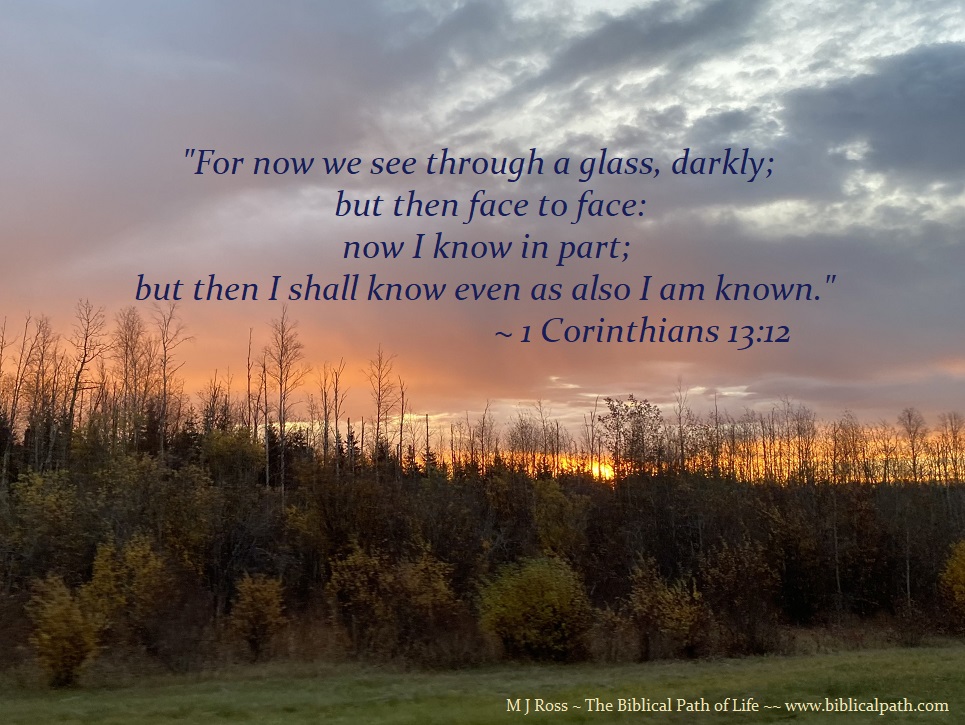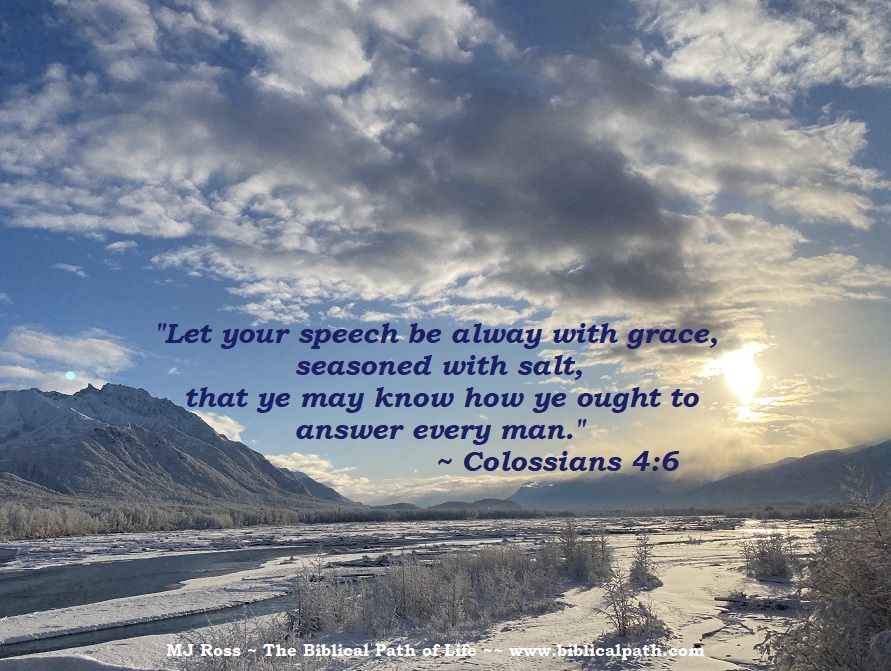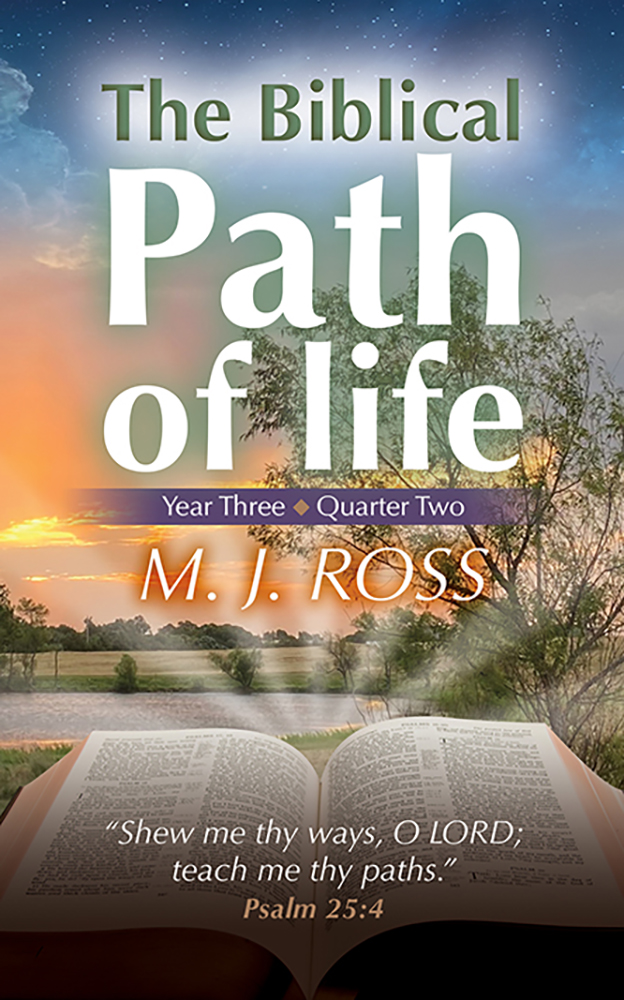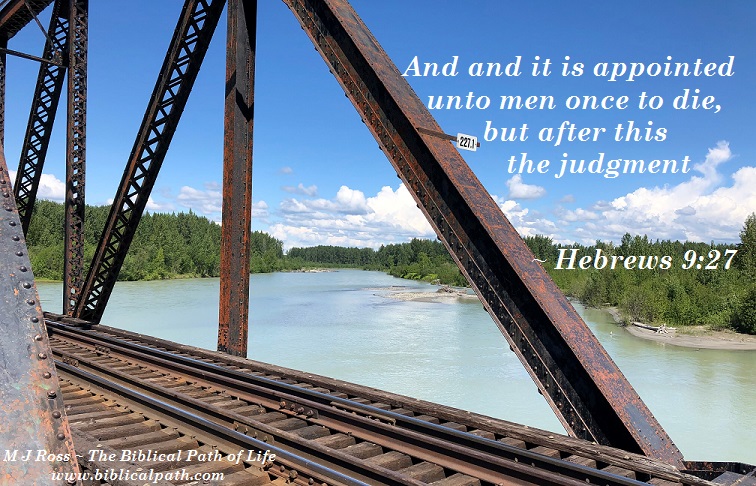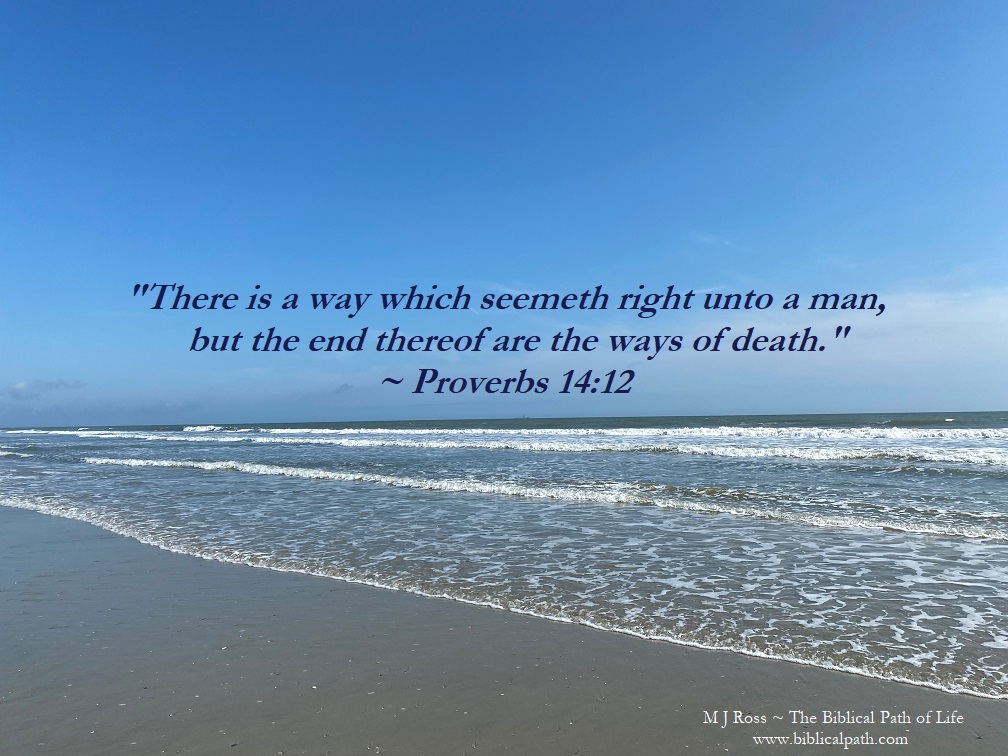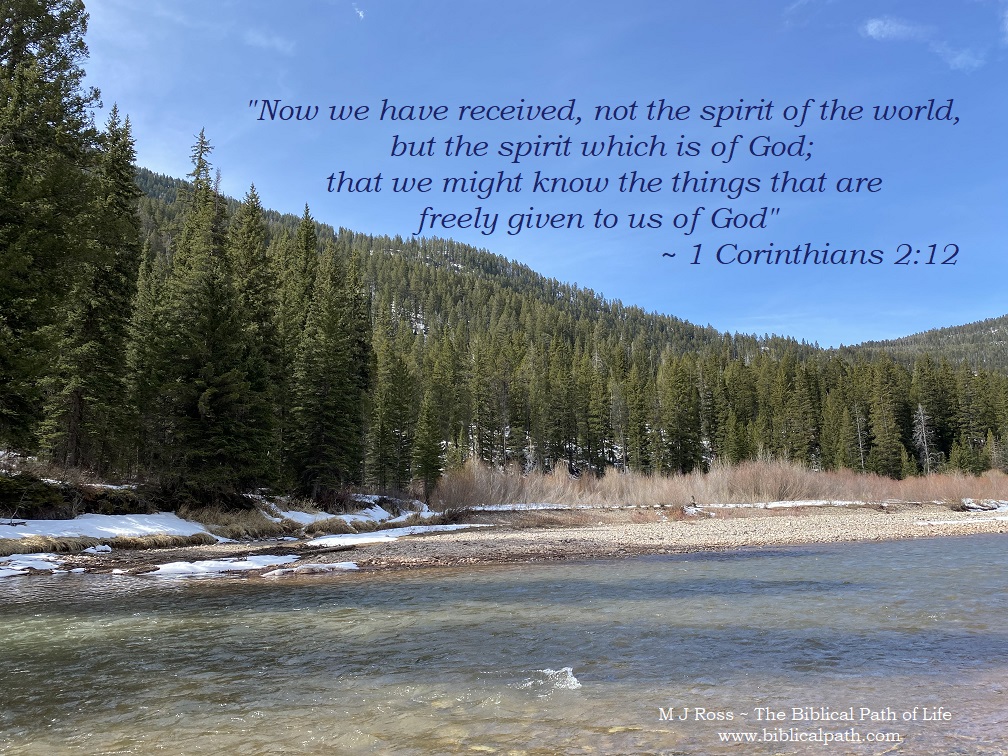
“Now we have received, not the spirit of the world, but the spirit which is of God; that we might know the things that are freely given to us of God.”
1 Corinthians 2:12
As a Christian, have you taken time to not only read, but study your Bible? Many Believers find the Bible too difficult to understand or know. Is this the conclusion you have come to in your life? If you have not taken the time to read and study God’s Word, you are missing an infinite source of encouragement, help, instruction, comfort and even strength that can be gained nowhere else in this world.
First, one must acknowledge that from Genesis to Revelation, the entire Bible, is the inspired Word of God. “All scripture is given by inspiration of God, and is profitable for doctrine, for reproof, for correction, for instruction in righteousness” (2 Timothy 3:16). Did you notice the first word, “All”? That really means all of Scripture is given by God. This reveals that all of the Bible is important – for God gave it to us. This should give us complete confidence in every part of it. For a Christian, the Bible is the authority by which we are to live our lives.
God has given Christians more than the Bible to read. He gave each Christian the Holy Spirit to help us understand what the Bible says. “12. Now we have received, not the spirit of the world, but the spirit which is of God; that we might know the things that are freely given to us of God. 13. Which things also we speak, not in the words which man’s wisdom teacheth, but which the Holy Ghost teacheth; comparing spiritual things with spiritual” (1 Corinthians 2:12-13). Christians can have an understanding of what the Bible says. Not only are we to believe that the Bible is God’s Word, but that God gave us the Holy Spirit to help us understand what the Bible says. We are to trust God’s Spirit to help us understand it. This should help us recognize that it is not only imperative that each Christian reads the Bible, but also understands it. The more we read and understand it, the more important it becomes in our lives.
Knowledge without application is pretty much worthless. In reading and understanding the Bible, one must choose to know how to follow its’ teachings. “For we are his workmanship, created in Christ Jesus unto good works, which God hath before ordained that we should walk in them” (Ephesians 2:10). It is important to understand that God has a plan for each Christian’s life, however it is up to each individual to choose to walk in that path. Remember what God tells us about David. “And when he had removed him, he raised up unto them David to be their king; to whom also he gave testimony, and said, I have found David the son of Jesse, a man after mine own heart, which shall fulfil all my will” (Acts 13:22). David fulfilled God’s will for his life. How did David know what God expected? He asked God. “Shew me thy ways, O LORD; teach me thy paths” (Psalm 25:4). Not only did David ask God to show him God’s way, but to teach him the path God had for his life. The Bible is full of people who have chosen to know God’s ways, and follow in His paths. There are also many people recorded that chose to not follow in God’s paths. Each Christian is to read the Bible to find out what happens in a person’s life when they follow God’s paths, and what happens when people choose to make their own way in the world, disregarding God’s paths. “Now all these things happened unto them for ensamples: and they are written for our admonition, upon whom the ends of the world are come” (1 Corinthians 10:11). The Bible was written for us to not only come to know Christ as our Saviour, but to follow the examples that are recorded within so we know how to live a life pleasing to God. Paul wrote of this. “Those things, which ye have both learned, and received, and heard, and seen in me, do: and the God of peace shall be with you” (Philippians 4:9).
Have a confidence that the Bible is completely true. Understand that the Holy Spirit will help Christians understand what the Bible says. Oftentimes, He uses good Bible teachers to help us understand, too (see 2 Timothy 2:2). But none of that will do any good if one does not chose to appropriate what is learned into the heart and life. It is only then that one becomes more like Christ.
There are many excuses as to why people do not know or understand the Bible. Some people find the Bible too difficult to read, and others may think it takes too much time to read. But what does the Bible teach us? “It is the glory of God to conceal a thing: but the honour of kings is to search out a matter” (Proverbs 25:2). It is part of what God expects from Christians. To search out matters. It is then that we learn what it is God expects us to do. “That ye might walk worthy of the Lord unto all pleasing, being fruitful in every good work, and increasing in the knowledge of God” (Colossians 1:10).
Have you taken time to believe the Bible, understanding that God expects you to know it and live your life according to what is written within?
